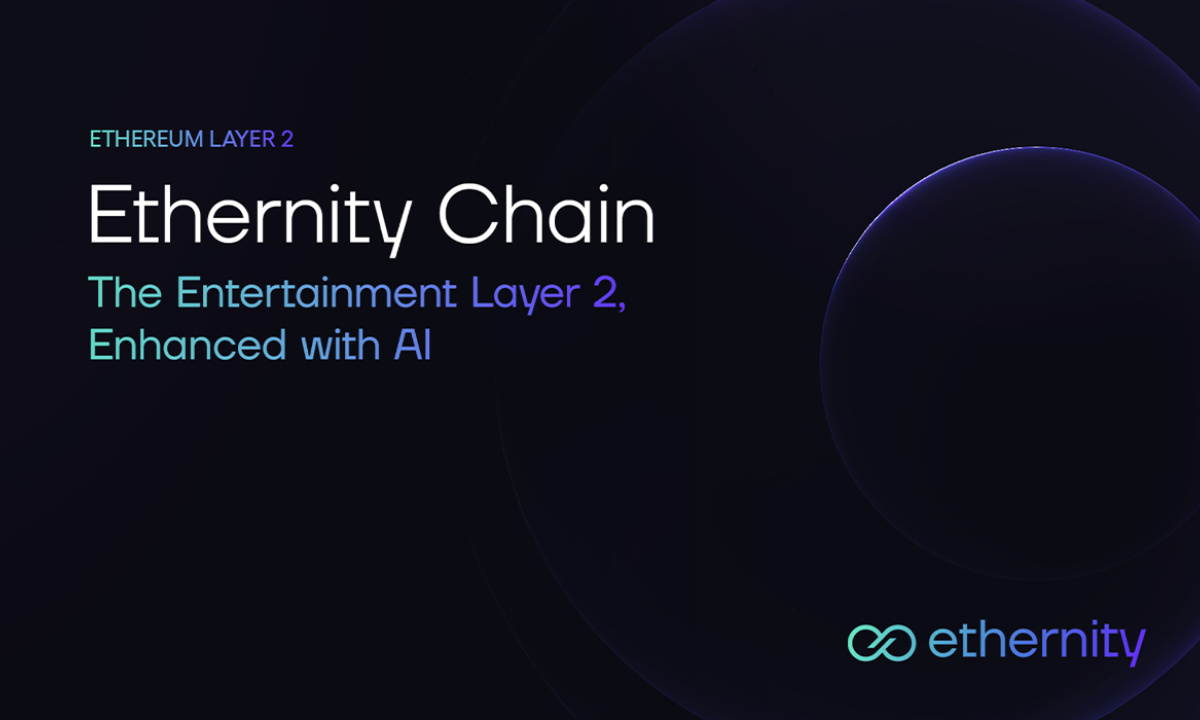Understanding Proof-of-Replication
Proof-of-Replication (PoRep) is a concept that is commonly associated with Filecoin. It involves storage miners demonstrating to the Filecoin network (or any other network) that they possess a completely unique copy of a specific data piece stored for the network.
Proof-of-replication serves as a proof-of-retrievability mechanism within a proof-of-space framework. But what does this mean exactly? It means that PoRep allows a “prover” to validate their utilization of storage space for storing replicas of data or information. Additionally, PoRep ensures that the stored data can be easily accessed or “retrieved.”
In a proof-of-replication system, network participants aim to become provers and maximize their data storage capacity. By doing so, they receive network rewards in exchange for providing storage space.
Critics of proof-of-replication systems argue that while the use of PoRep by storage providers enhances durability (ensuring data availability even in the event of node failures), it overlooks the fact that replicated data must be transferred whenever a new node is added to the redundancy pool. This transfer process can consume significant bandwidth.











